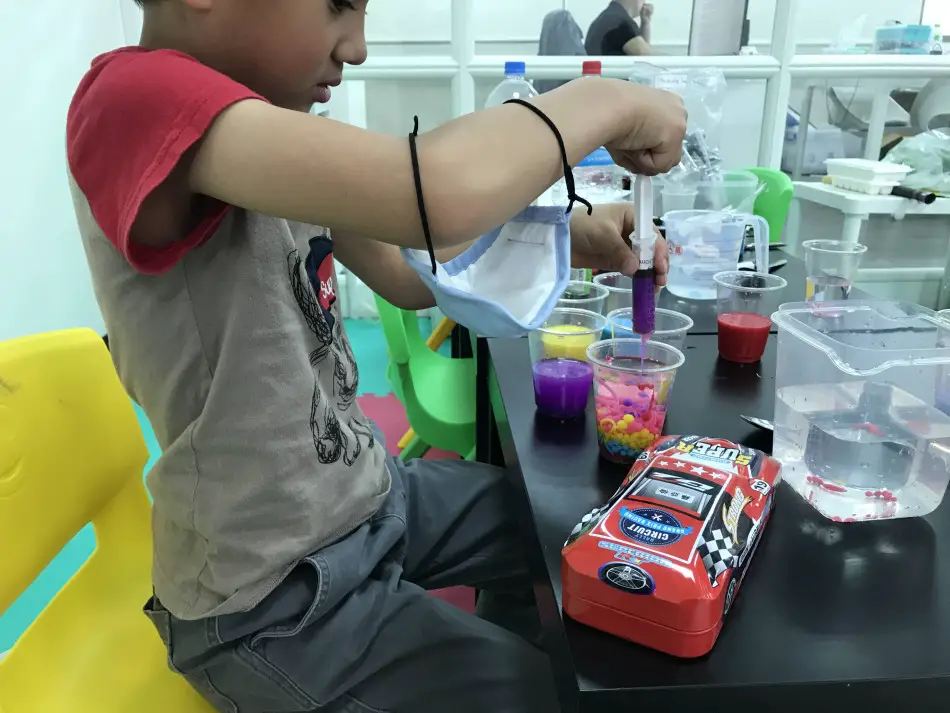This post contains affiliate links.
Are you good at doing science in your homeschool? Or is your child feeling bored because it’s just dull? We think the answer to that is why you should do science experiments in your homeschool!
In general, you should do science experiments in homeschool to generate interest and motivate your child with project-based learning experiences. Experiments employ problem-solving skills that engage children. The scientific method is interactive and promotes learning and doing that stimulates kids.
Project-Based Learning (PBL) Engages Kids in Science
As homeschooling parents, we share a common concern. We want our children to grow and be ready for the new world of technology and complex work environments. The traditional schools and ways of learning are not preparing or connecting them to the real world. PBL and especially science experiments are one way you can add a new dimension to your homeschool curriculum to spice things up.
“By bringing real-life context and technology to the curriculum through a PBL approach, students are encouraged to become independent workers, critical thinkers, and lifelong learners.”
Why Is Project-Based Learning Important?
I asked my son about some recent science experiments we did. He responded that he enjoyed the concept of heat convection and how hot air or liquids rise. Sometimes when we are going about our day, he will refer to a scientific concept we learned. For example, he commented about the density and porosity of some rocks we found when camping. He shows a genuine interest in these somewhat challenging concepts in science. Sometimes you can’t see physics forces or science in action, but you can see the results if you are engaged! And by the way, if you want to know how to do camping and homeschooling, check out this helpful article we wrote.
Experiments Make Concepts Memorable

Doing experiments strengthens kids understanding of concepts that need to be visited and reviewed multiple times. If you only read about science without doing any activities, your child will forget the concepts. One example of this was when we made chocolate chip cookies. We like to cook with our son because I think it’s just like science. It is science! You got to follow the recipe or risk making a batch of something that isn’t edible. That’s what happened to us!
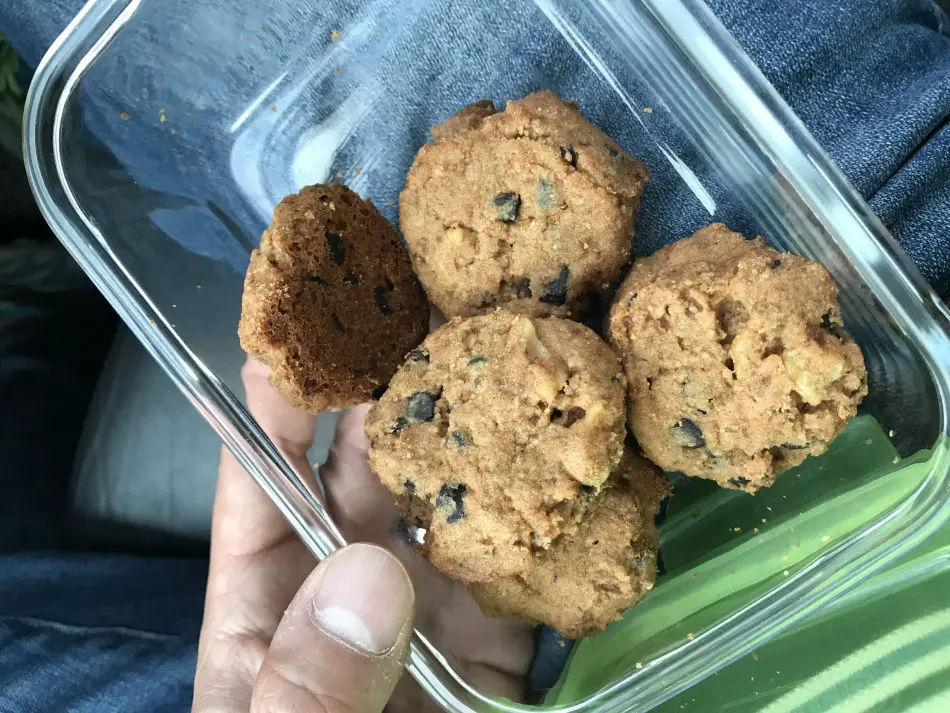
Guess what we forgot to add to the cookie batter? We forgot to add eggs to the butter and sugar before creaming them. The results were the cookies came out crumbly and not very good. They were chunky and didn’t spread out nicely. My son learned an important lesson about science and cookies. You must follow the recipe and add the eggs in the correct order, or your cookies will come out poorly. The next time we made cookies, he had written down the recipe and remembered the eggs. Our cookie experiment made it very clear and memorable.
Get Dad Involved in Homeschool Science
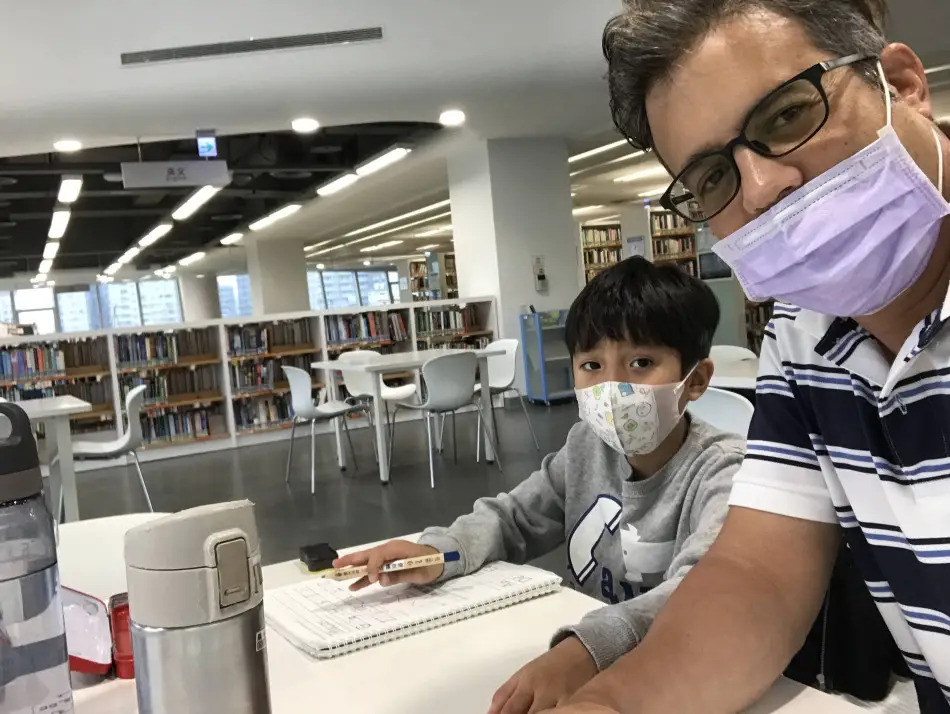
I’m a homeschooling dad, so I’m always involved in most of our son’s education. But I know many families where mothers are doing most of the work. Science experiments are a helpful way to get dads involved in your homeschool. In the early years of a science curriculum, you might need only 1 to 2 lessons per week. It may be the perfect way to add dad to your schedule. Of course, if you’re wondering how in the world can a dad do homeschooling, check out this article of mine on the HSLDA website about our schedule.
If dad just doesn’t have the time during the weekdays, no problem. A typical science experiment at the introductory level can take 30 to 60 minutes. The best part is that you can schedule it on the weekends or evenings. We do our lessons in the park with a few other homeschoolers. Afterward, the kids get to play together.
There are many possibilities to get dad involved, especially with project-based learning science experiments. When I was a kid, my dad taught me indirectly about so many things around the house. Working on the car, our sprinkler system and the millions of handyman-type projects around our house helped me. I attribute my background in the sciences to my dad. He included me all around the house in his weekly projects.
Experiments Promote Teamwork
When we joined a science class outside of our homeschool, it was with others. But it was so far away that we decided to drop it and start our own science class. I thought since I graduated with a B.S. in Biology and a minor in Chemistry and never made use of it! So I should be qualified to teach my son science. The first thing I did was create an experiment-based curriculum, then we invited a few friends to learn together. Little did I know, I was also working on his teamwork.
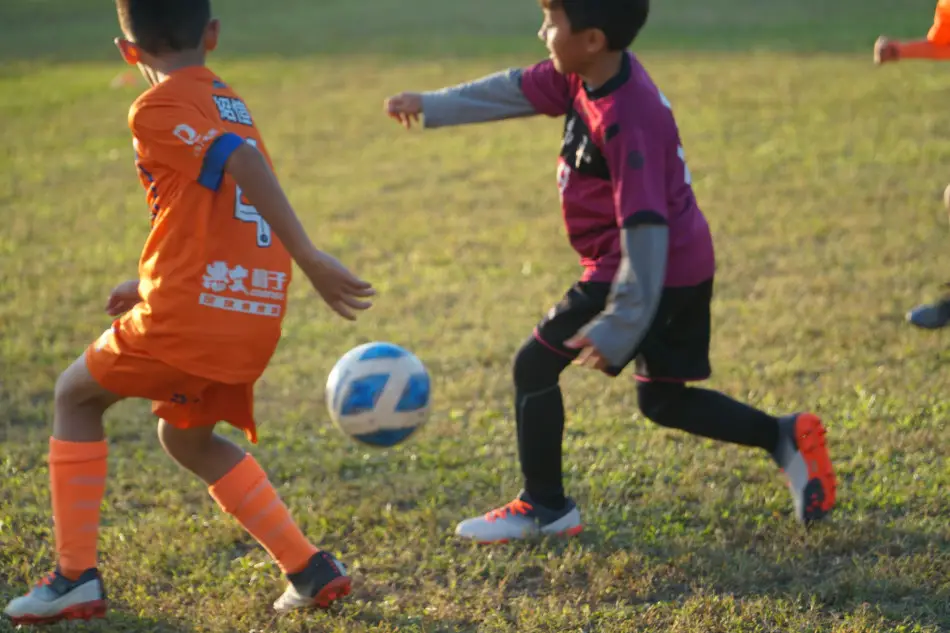
In the beginning, I did it just to benefit my son and get some social time for him. But I noticed something interesting about the teamwork amongst the kids. The experiments were perfect because they all share the duties and do different tasks. Little kids usually fight about who does what. But in science class, they all get involved by adding chemicals, mixing, holding, measuring, and weighing samples. When it’s time to write up the experiments in their workbook, they help each other. They discuss the methods, procedures, materials, and their conclusion.
Training Their Logic and the Scientific Method
Being grounded in science is something that can be achieved at an early age with a little work. Hands-on activities that are interactive and stimulating will likely benefit your child especially if they are homeschooling. Strengthening their sense of logic and deduction during an experiment is invaluable to your child’s development. Learning the scientific methods early in life can also promote their general interest in the sciences. We all know that some fields of science can be dull and boring, but hands-on experiments are usually fun!
“the young students were motivated, stimulated, intrigued, and this potentially provides a meaningful, authentic and transferable Lifelong Learning and the development of a scientific culture together with an early interest in the Sciences”
The Scientific Method In The Teaching Of Life Sciences In Primary School…
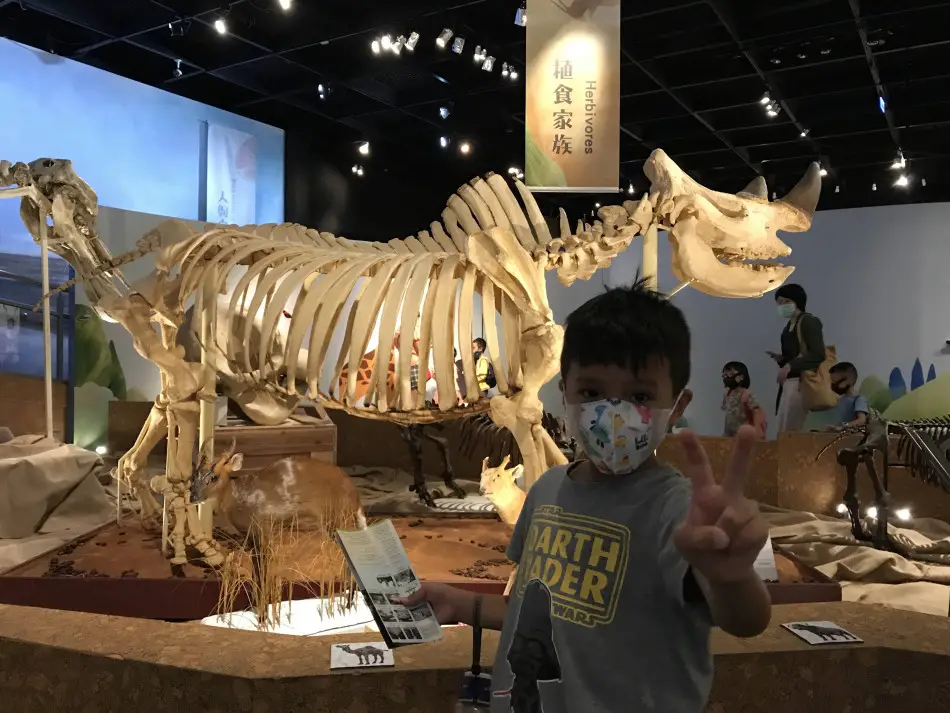
I regularly hear my son say something like, hey, that’s science, or hey that’s physics in action. Or my favorite is when he asks me something that I can’t answer and then I can tell him later when we have a chance, let’s research it. And then maybe we can even watch a quick YouTube video on the subject. Nowadays, there’s no excuse for letting a question go without an answer, eventually. My son also enjoys searching for the information which we feel is great.
“It’s not so important to give the child an accurate answer to their questions. It’s more important to instill an inquisitive, investigative mindset”
Rena Dorph, UC Berkeley
Learn About Organization and Preparation
My son is seven and he needs to work on his organization skills because he has yet to get used to putting things in their proper place. Science experiments help my son learn about getting organized and prepared. To do the experiments we need to prepare all of the chemicals, equipment, and his own things like his pencil case and clipboard. The clipboard is an essential item for any scientist! You need a clipboard to be writing and walking as you observe. That’s what scientists do, right? We recommend the most basic type, nothing fancy since it will likely get dirty, wet, or misplaced. Try either one like below since they just work.
While kids are doing experiments we follow the SOP of the scientific methods worksheet and they get more organized as they think through the experiment and write up the lab report. Just like when I was in the biology laboratory, we follow the same principles. You can find an appropriate worksheet like we use free online almost anywhere.
Having my son prepare our materials and equipment before class, use the worksheet and also assist during my lesson are helpful to his organizational skills. He’s doing things I never did at a young age and this will prepare him for later in life. So science experiments in homeschooling with other children are a powerful and fun way to get Dad involved and learn!
How about music in your curriculum? We wrote this helpful article about the best instrument for homeschool music!

Dadcarestoo is a participant in the Amazon Services LLC Associates Program, an affiliate advertising program designed to provide a means for sites to earn advertising fees by advertising and linking to Amazon.com. We also participate in other affiliate programs which compensate us for referring traffic.

